Will bleach kill roaches? Our entomologists reveal whether this 'whack-a-mole' approach really works
Plus, pro recommendations on what to try instead


Design expertise in your inbox – from inspiring decorating ideas and beautiful celebrity homes to practical gardening advice and shopping round-ups.
You are now subscribed
Your newsletter sign-up was successful
Want to add more newsletters?

Twice a week
Homes&Gardens
The ultimate interior design resource from the world's leading experts - discover inspiring decorating ideas, color scheming know-how, garden inspiration and shopping expertise.

Once a week
In The Loop from Next In Design
Members of the Next in Design Circle will receive In the Loop, our weekly email filled with trade news, names to know and spotlight moments. Together we’re building a brighter design future.

Twice a week
Cucina
Whether you’re passionate about hosting exquisite dinners, experimenting with culinary trends, or perfecting your kitchen's design with timeless elegance and innovative functionality, this newsletter is here to inspire
If you've spotted one in your home and reached for the harshest chemical you have, it's worth noting if bleach will kill roaches?
Technically yes, say our pest pros, but that's not to say that reaching for a bottle of strong chemicals should be your first port of call, or even your path of action at all.
Here, they share their tips on why it's best not to use bleach to get rid of cockroaches, and what to try instead.
Will bleach kill roaches?
As Tony King, pest expert and founder of The Pied Piper Pest Control, explains, technically yes, bleach will kill a cockroach, but only if you spray it directly, and in great enough amounts. 'It's extremely corrosive and can destroy the exoskeleton of the roach or disrupt its respiratory functions,' he says.
Additionally, as Adham Perriseau, a licensed pest management professional and eco solutions specialist at Dr. Killigan’s, points out, cleaning surfaces with bleach can also help remove food residue and scent trails, both of which are things attracting roaches to your clean house.
Cons of using bleach to kill roaches
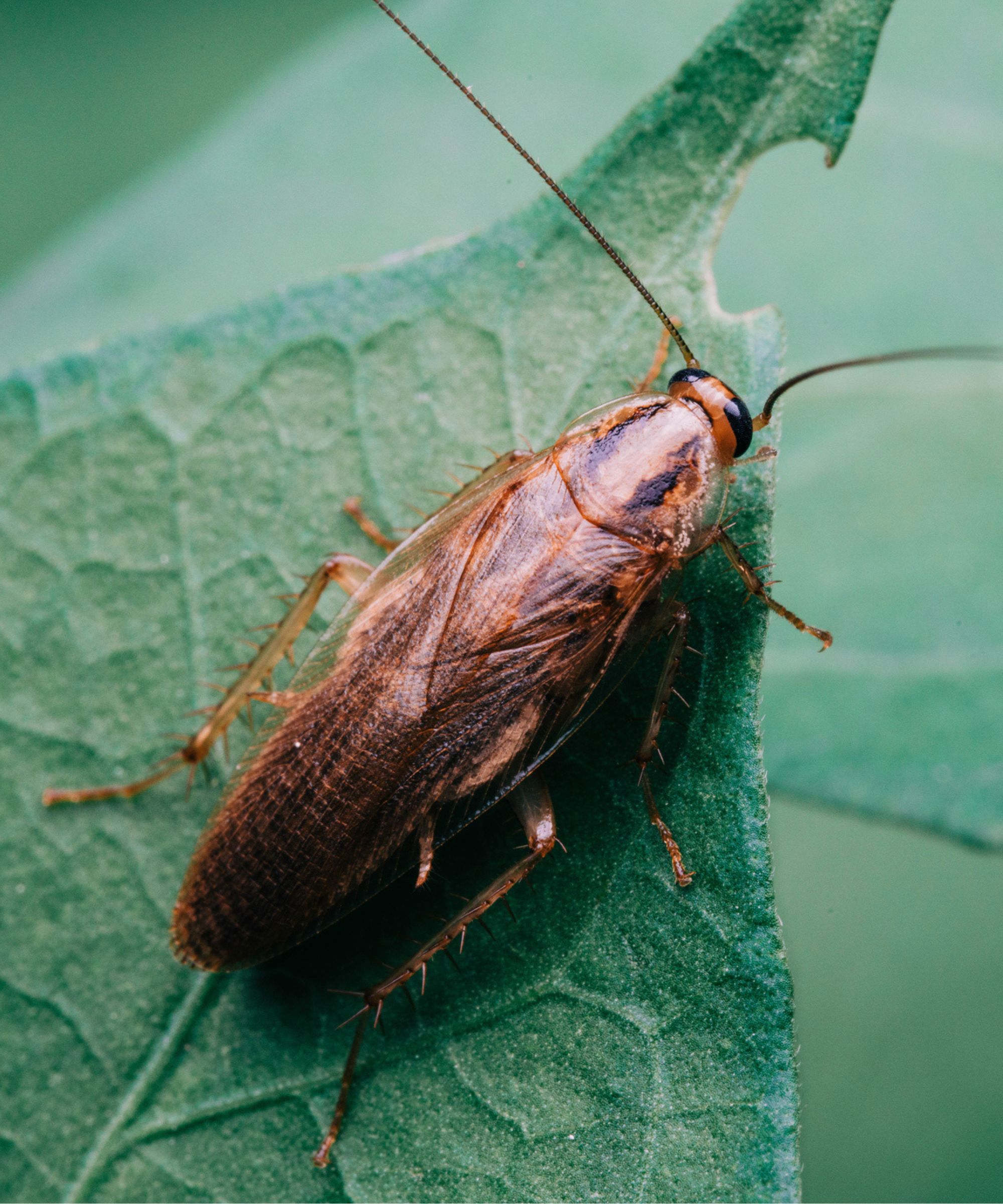
As our pest pros highlight, using bleach to kill roaches has its flaws
So, are there any drawbacks to using bleach to kill roaches? 'Oh, you bet there are,' says Jeremy Logsdon, co-owner of Preventative Pest Control. 'Using bleach as a pesticide is a really bad idea for a few reasons.
'The biggest drawback is that it simply doesn't work,' he advises. 'You might kill one or two roaches, but the thousands more hiding in the walls and reproducing will be just fine. You're fighting a losing battle.
Design expertise in your inbox – from inspiring decorating ideas and beautiful celebrity homes to practical gardening advice and shopping round-ups.
'You have to literally hit the roach with a high concentration of bleach to get a lethal dose. If you were to try, you'd need to mix a strong solution of bleach and water to spray directly on a roach. Some people try pouring it down drains, but this is a waste of time and can actually damage your plumbing. It's a "whack-a-mole" approach that doesn't address the source of the problem.'
Put simply, as Jeremy stresses, using this method to get rid of cockroaches in the bedroom or anywhere else is unfortunately 'messy and inefficient,' and may even end up attracting more pests looking for a water source to your space.
Adham agrees with Jeremy, and highlights that this method won't affect hidden roaches, which 'typically hide in small, hard-to-reach areas, making it unlikely that bleach will come into contact with them.' In particular, roaches typically use these hidden spots for pest harborage.
'Its strong chemical fumes can also be harmful to people and pets,' he continues, and it won't prevent future infestations, either.
As if you need any more reasons not to try this approach under any circumstances, have you ever tried to catch a cockroach before? They're extremely speedy, and you likely won't be able to get close enough to douse them in bleach before they run off, says Tony.
'Plus, bleach has no residual killing effect, and cockroaches will not be attracted to it as they are with bait products,' he adds.
What to do instead
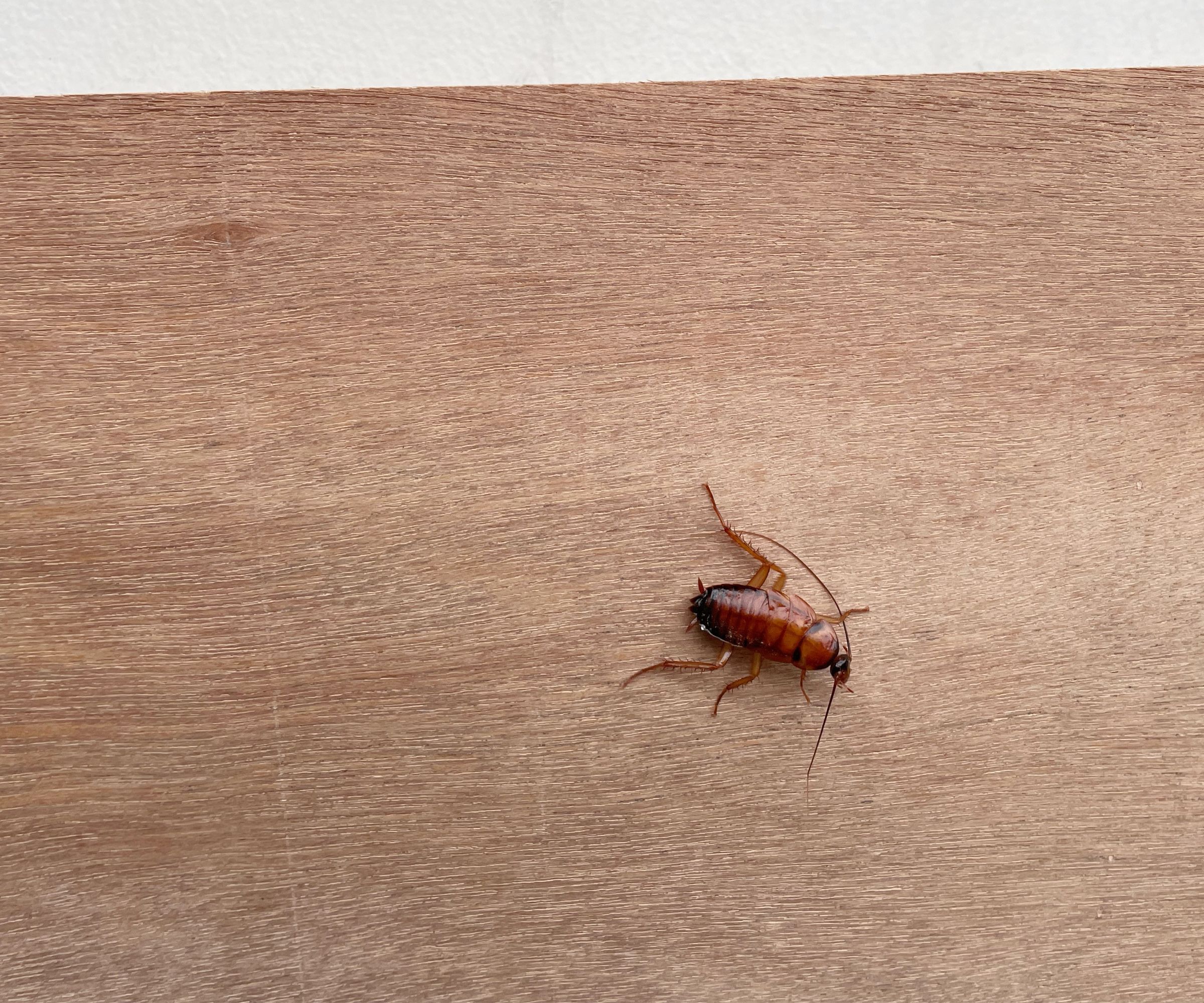
Preventative steps and natural methods will always work better than bleac
'Instead of bleach, I always recommend a multi-pronged, professional approach,' says Jeremy. 'It's about getting to the source of the problem, not just treating the symptoms.' Here's what our pros suggest:
- Boric acid: which is 'poisonous to cockroaches but completely harmless to keep in the house when used properly,' says Tony. 'A good product to use for this is the Harris Boric Acid Roach Killer Powder with Lure available at Walmart, as it's cheap and simple to apply.'
- Bait: 'These baits lure roaches in on a food-based lure and then kill them with a delayed-action insecticide they carry back to the nest and infect others with. This method treats the colony, not each roach,' advises Tony.
- Diatomaceous earth: Tony explains that this natural pest control staple is a 'fossilized algae that dries up roaches from small cuts on their exoskeleton. Just sprinkle it lightly around the areas where you've seen roach activity on the baseboards, under the refrigerator, behind the stove, and it'll continue to work as long as it remains dry.'
- Sanitation: As Jeremy says, 'Roaches need food, water, and shelter. The less resources they have, the less likely they are to stick around.'
- Exclusion: 'This is about sealing off entry points so new roaches can't get in,' directs Jeremy. Using caulk, such as the top-rated DAP INC Acrylic Latex Caulk available at Amazon is brilliant for this.
What to shop
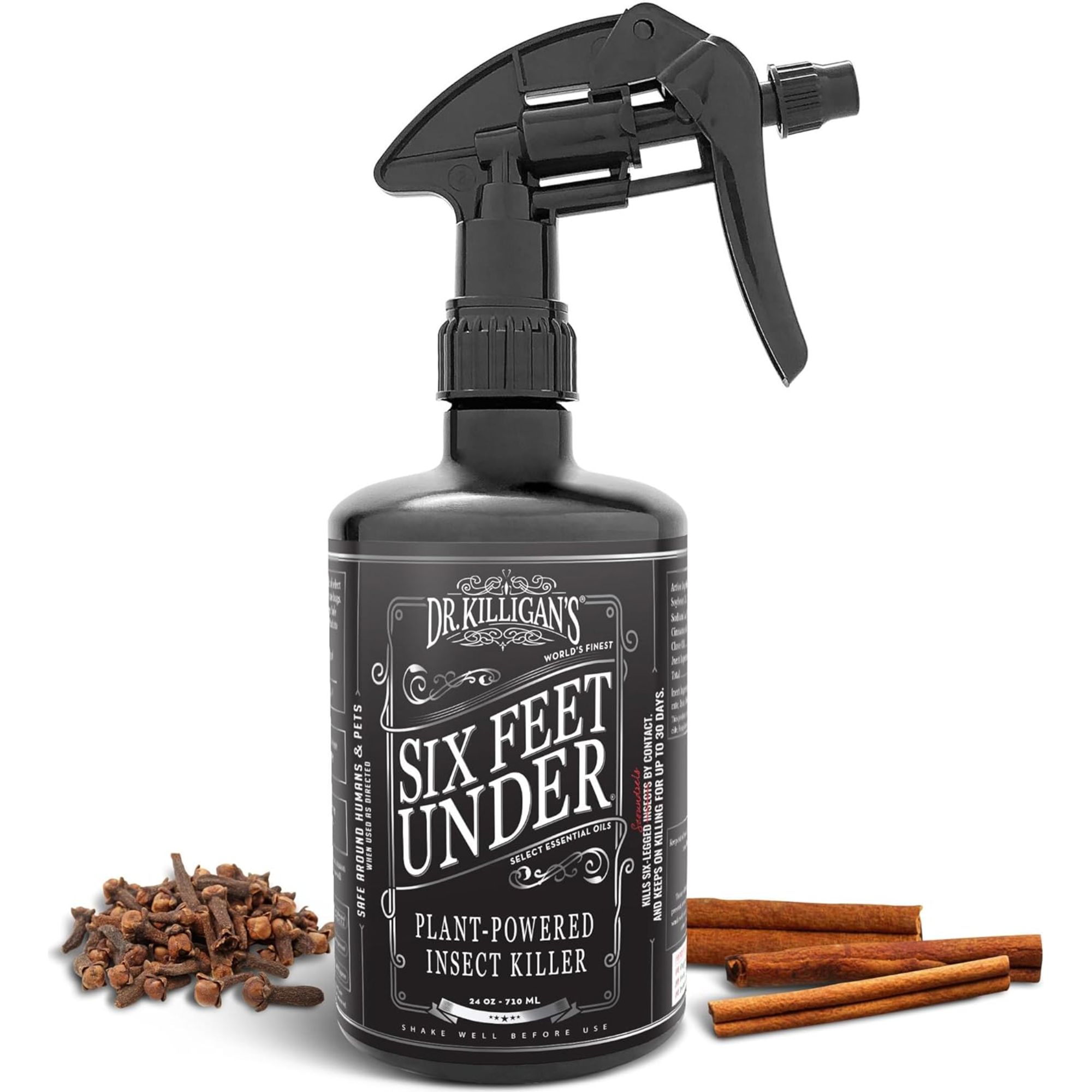
'For a reliable and non-toxic option, this spray uses essential oils to kill roaches on contact and can be safely used around children and pets, making it a more practical and effective choice,' recommends Adham.
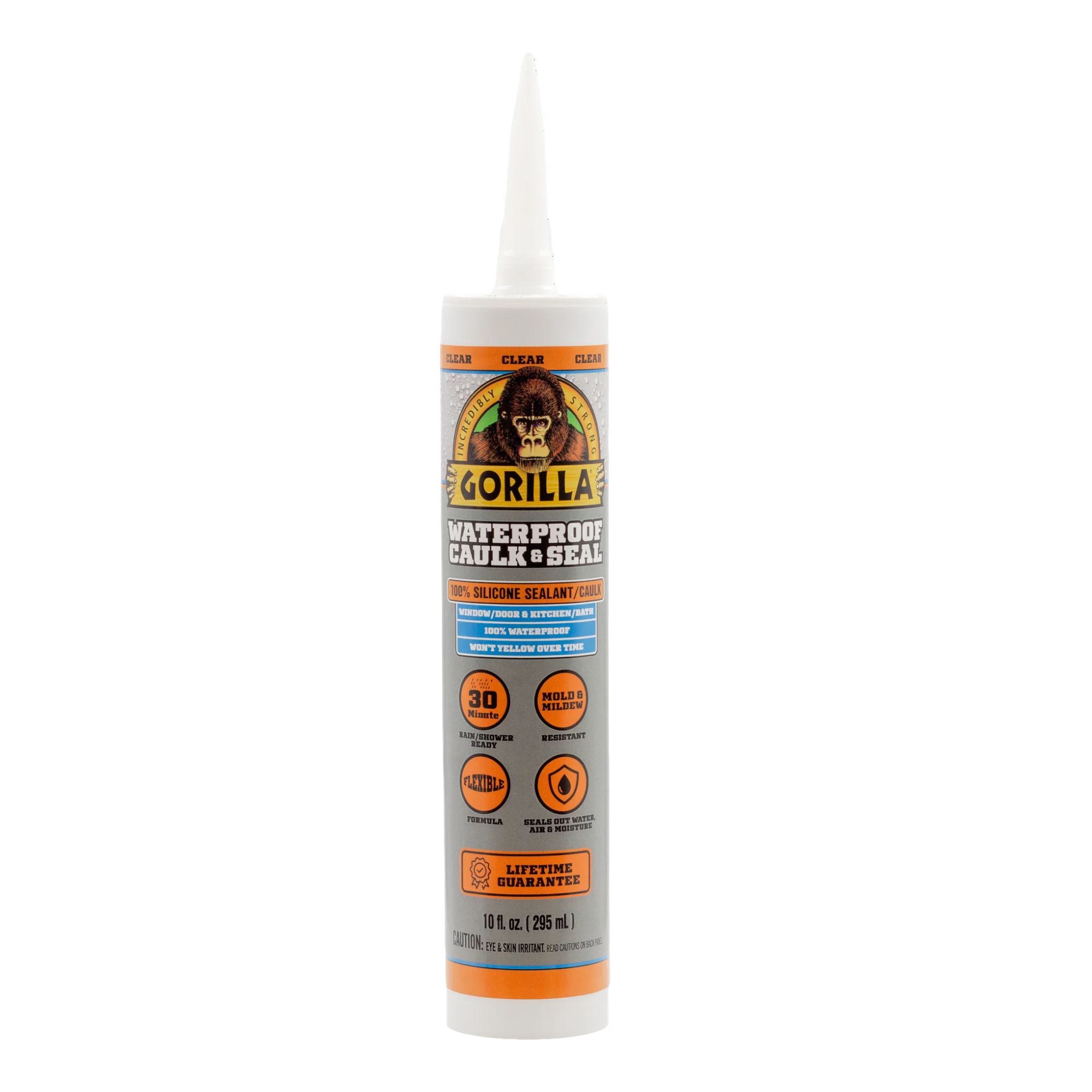
This waterproof caulk is quick-drying, non-yellowing, and mold-resistant, making it suitable for both indoor and outdoor use.
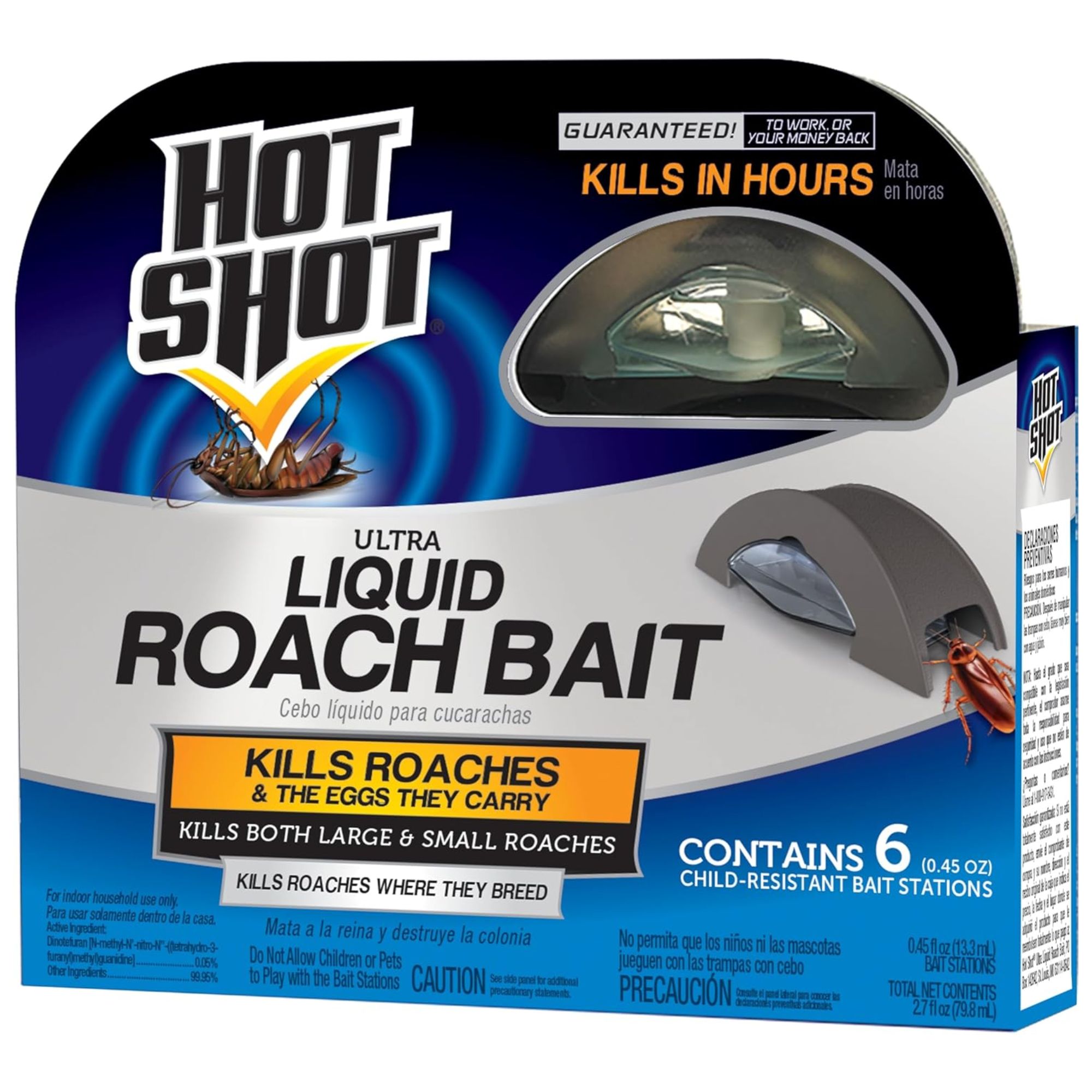
'This is another good liquid bait option,' says Jeremy. 'The roaches are drawn to the liquid, drink it, and die.'
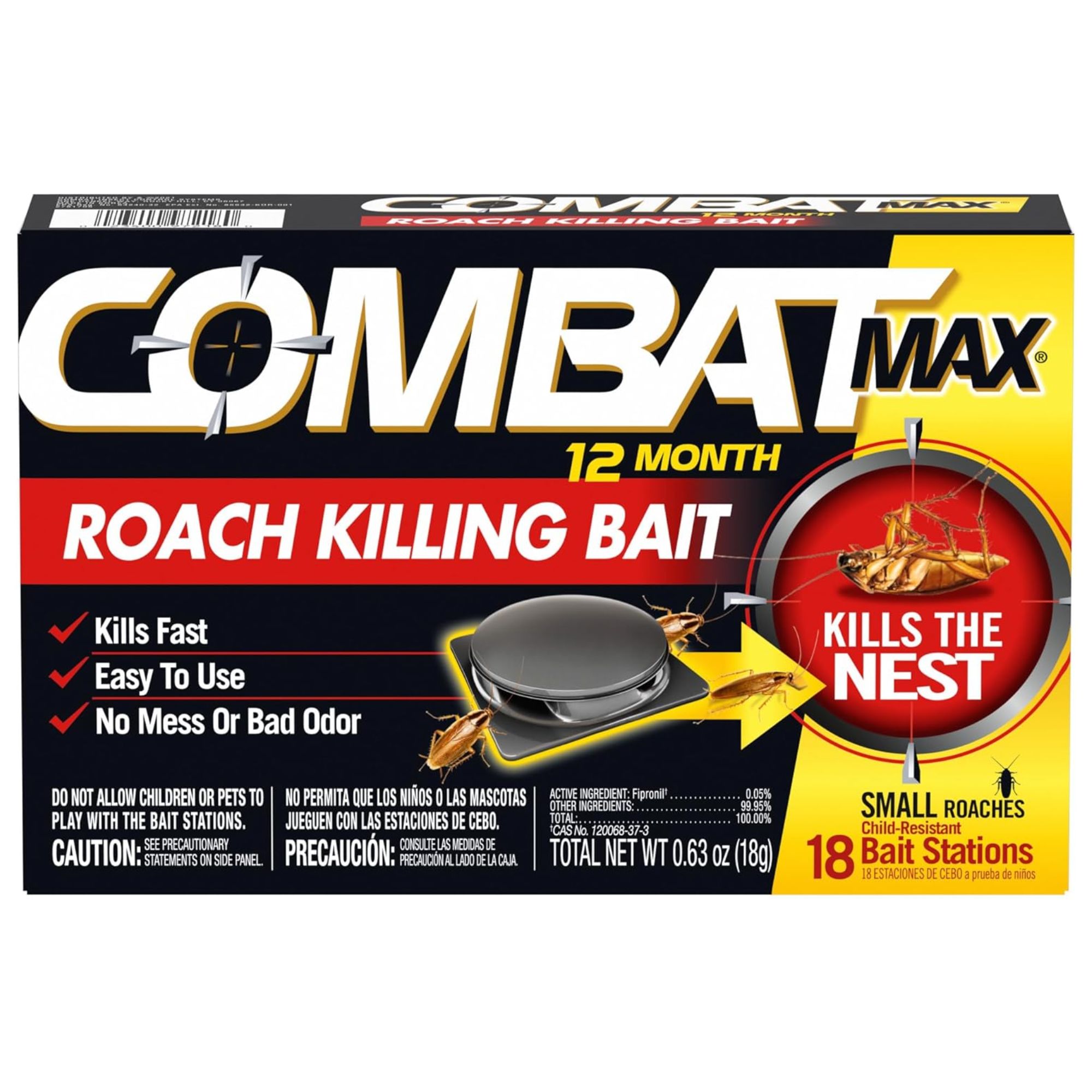
'This stuff is a classic for a reason,' recommends Jeremy. 'You just place the small bait stations where you see roach activity, such as under sinks or behind the fridge, and the roaches eat the bait and die.
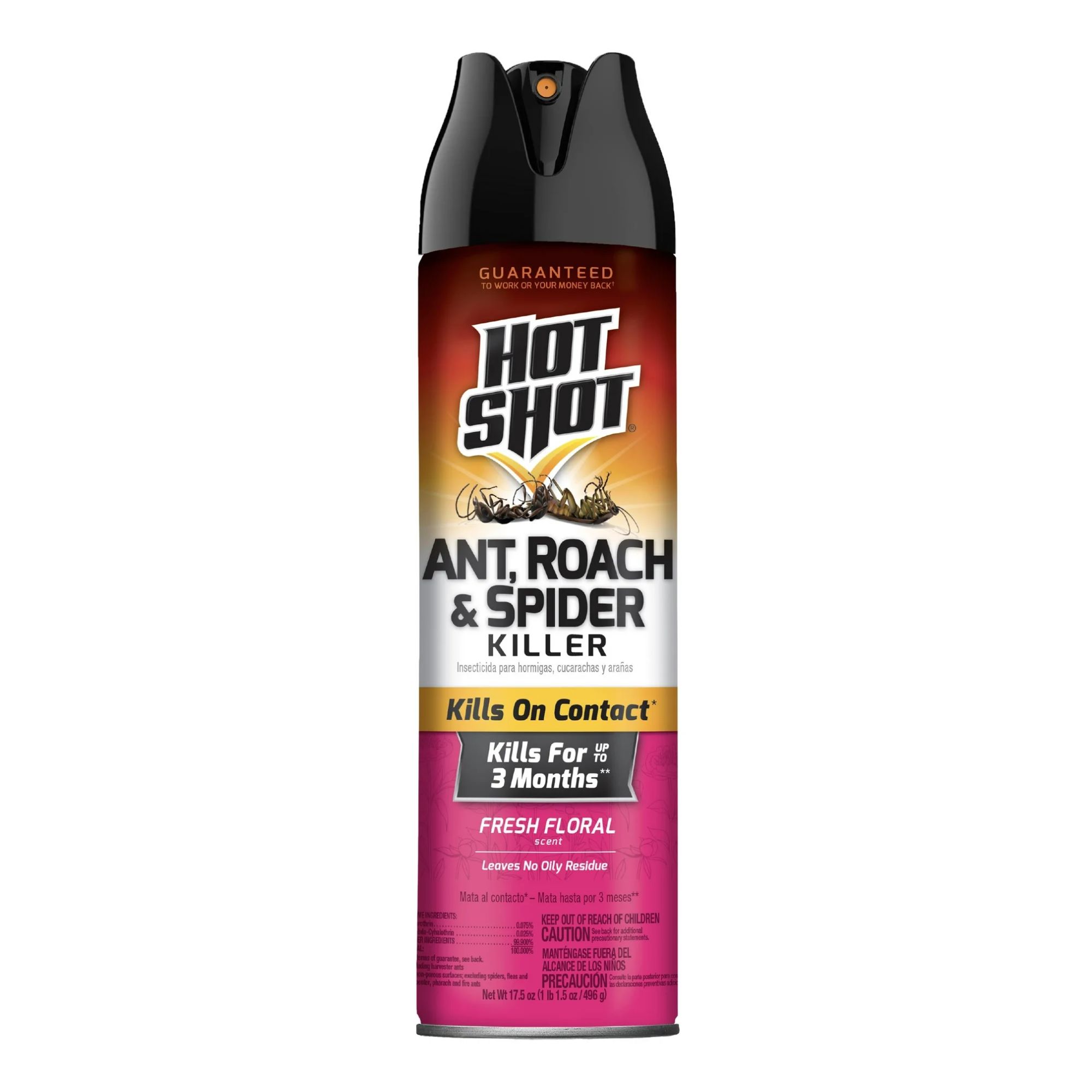
This super effective spray kills for up to three months with a fresh scent and no oily residue.
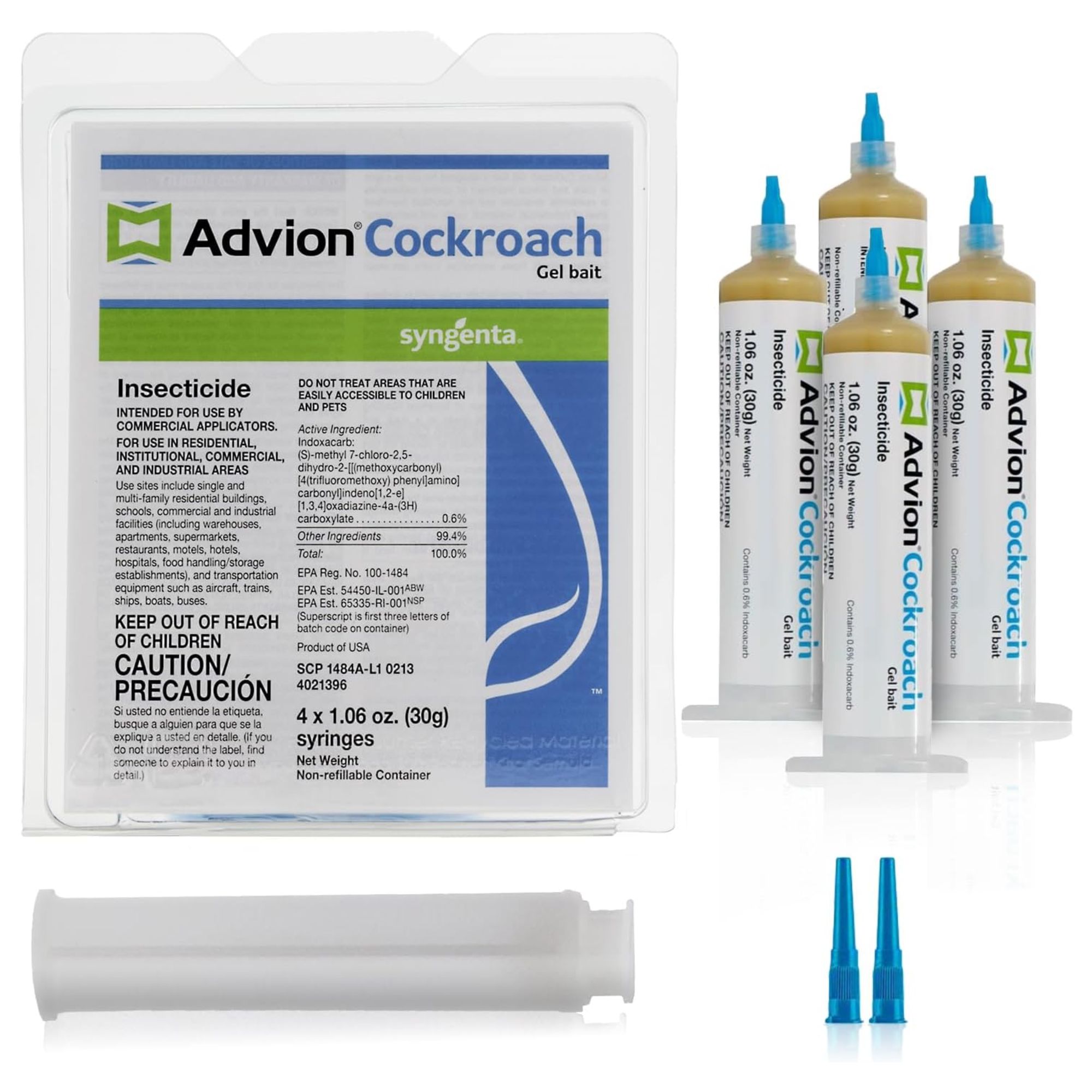
'This is a professional-grade product that's also available to homeowners,' says Jeremy. 'It's a gel you can apply in cracks and crevices where roaches hide. It's highly effective and a little goes a long way.'
Meet our experts

Tony founded The Pied Piper Pest Control in 1992, giving him more than thirty years of experience in the industry.

Jeremy co-owns Preventive Pest Control, a pest control business in Houston, TX. He started Preventive Pest Control in 2002 with partners. Since then, Preventive Pest Control has grown into a thriving enterprise with multiple locations throughout Houston.
Adham is a licensed pest management professional and eco-solutions specialist at Dr. Killigan’s, which is a leader in eco-friendly pest control. He is licensed as a field representative with the California Structural Pest Control Board, and has over 17 years of experience in the pest management industry, specializing in the application of products to manage pests, identifying specific types of pests, inspections of homes for pest entry, and training in pest biology and habits.
'If you have a serious infestation, these DIY methods might not be enough,' warns Jeremy. 'That's when you call in a pro. Pest control professionals have access to more powerful treatments and can identify the source of the problem more effectively.
'But for a mild roach issue, stick with a good cleaning routine and some proven baits. It's a lot safer and more effective than a bucket of bleach.'

Ottilie joined Homes & Gardens in 2024 as the News Writer on Solved, after finishing a Master's in Magazine Journalism at City, University of London. Now, as the Sleep Editor, she spends her days hunting deals and producing content on all things sleep – from mattresses and sheets to protectors and pillows, all of which she tests in her own home. She also has particular expertise in home fragrance, covering everything from candles to reed diffusers.
Previously, she has written for Livingetc and Motorsport Magazine, and also has a Master's degree in English Literature and History of Art from the University of Edinburgh, where she developed a love for inspiring interiors and architecture.